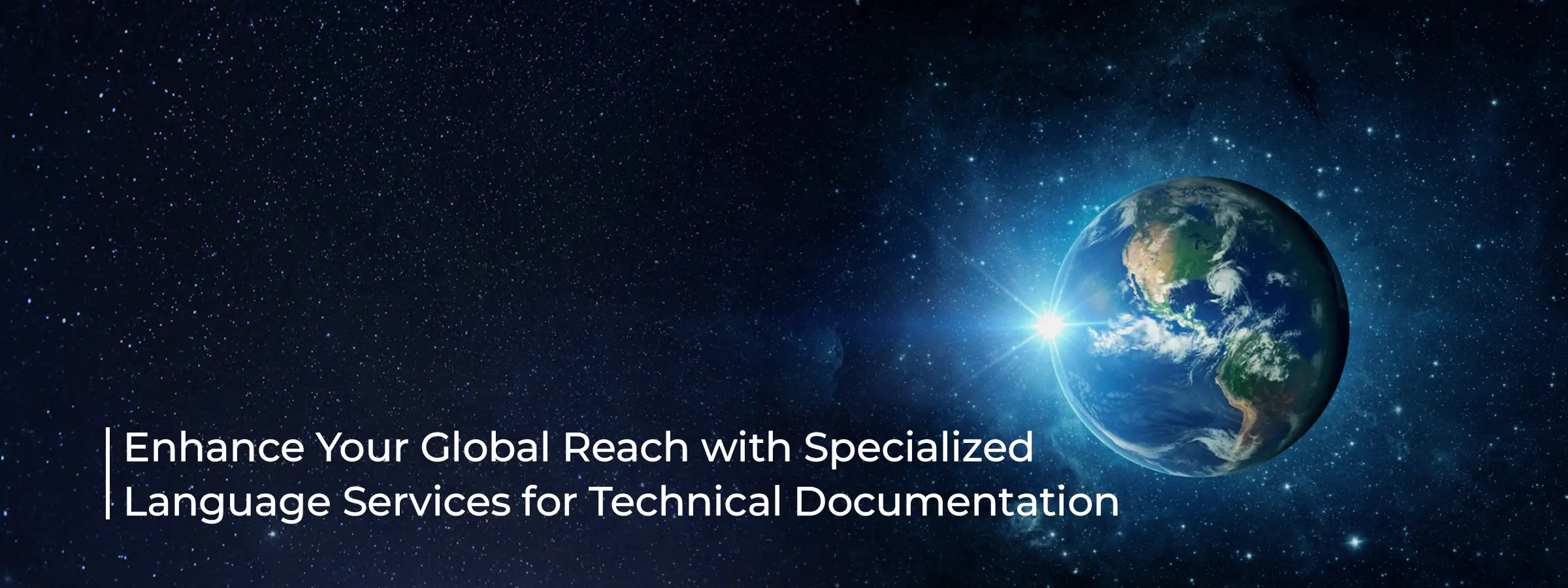
In a manufacturing company, a wide range of departments may utilise language services to support their operations, enhance communication, and foster global business growth. Here are some of the key departments that typically use language services:
• Supply Chain and Procurement: To communicate with overseas suppliers, negotiate contracts, and manage logistics documentation in different languages.
• Sales and Marketing: Localizing marketing materials, product descriptions, and sales presentations to more effectively target customers in various geographical markets.
• Human Resources: To translate internal documents, training materials, and policies for a diverse workforce. Also, for facilitating communication during recruitment processes involving candidates who speak different languages.
• Customer Service: To provide multi-lingual support, ensuring that all customers, regardless of their language, receive high-quality service and support.
• Legal and Compliance: For translating legal contracts, compliance documentation, and regulatory materials to ensure adherence to international laws and regulations.
• Product Development and Engineering: In translating technical documents, user manuals, and product specifications to facilitate collaboration with international partners and to meet global market standards.
• Quality Assurance: To ensure that all quality and safety guidelines are accurately translated and understood across different regions, maintaining high product quality standards.
• Executive and Management: Translating business reports, strategic plans, and communications with international stakeholders.
• IT and Software Development: Localizing software, mobile apps, websites, and technical support materials for global users.
• Research and Development (R&D): To translate research findings, patents, and technical papers, facilitating collaboration with international research partners and contributing to innovation.
These departments leverage language services to streamline internal operations and expand their market reach, enhance customer satisfaction, and comply with international standards and regulations.
Manufacturing companies face significant communication challenges across cultural and linguistic barriers in an increasingly globalised market. These barriers can hinder a company's ability to effectively market its products internationally, maintain efficient supply chain management, ensure compliance with local regulations, and provide comprehensive customer support. Specific pain points include:
• Technical Documentation Translation: Manufacturing companies often struggle to translate technical documentation, such as user manuals, product guides, and safety information, accurately. This affects user experience and satisfaction and can lead to legal issues if the documents do not meet the regulatory requirements of the target market.
• Communication with International Suppliers: Miscommunications due to language differences can result in delays, product specifications errors, and financial losses. Consistent and clear communication is vital for maintaining strong relationships with suppliers and ensuring the smooth operation of the supply chain.
• Market Expansion and Compliance: Entering new markets requires compliance with local laws, including language requirements for product labelling, marketing materials, and legal documents. Failure to comply can result in fines, legal challenges, and damage to the company's reputation.
• Customer Support: Customer support in multiple languages enhances customer satisfaction and loyalty. However, manufacturing companies may lack the resources to offer comprehensive multilingual support, potentially limiting their market expansion efforts.
• Compliance and Regulatory Challenges: Manufacturing companies must comply with local regulations in every market they enter. This includes accurately translating all relevant legal and compliance documentation to avoid legal penalties and ensure market access.
• Workforce Diversity: As companies expand globally, their workforce becomes increasingly diverse. Ensuring all employees have access to training materials, safety guidelines, and internal communication in their native languages is crucial for maintaining a safe and efficient work environment.
Partnering with a specialised language services provider offers a comprehensive solution to these challenges. Such a partnership can deliver:
• Specialized Technical Translation: Partnering with a language service provider with expertise in the manufacturing sector guarantees that all technical documents are accurately translated, maintaining the integrity of the original content while ensuring compliance with local standards.
• Efficient Supply Chain Communication: Language services can bridge the communication gap with international suppliers, facilitating clearer, more effective interactions. This can help avoid misunderstandings and delays, ensuring that products meet specifications and are delivered on time.
• Streamlined Market Expansion: A language services provider can help ensure that all product labelling, marketing materials, and legal documents are translated and localised to meet the specific requirements of each target market. This supports compliance and facilitates smoother market entry and expansion efforts.
• Enhanced Multilingual Customer Support: Customer support in multiple languages can significantly enhance customer satisfaction and loyalty. A language services provider can supply the necessary resources and technology to offer comprehensive support across different languages and regions.
• Expert Translation Services: Leveraging translators with expertise in manufacturing terminology and concepts ensures accuracy and appropriateness in all translations, from technical manuals to marketing brochures.
• Localization: Beyond mere translation, localization adapts content to cultural norms and preferences, making products more accessible and appealing to local markets.
• Consistent Quality: Implementing rigorous quality assurance processes guarantees that all translated materials maintain the highest standards, preserving the brand’s reputation and ensuring user safety.
• Efficient Communication: Providing translation and interpretation services for internal communications facilitates effective collaboration among globally distributed teams, streamlining operations and enhancing productivity.
• Effective Cross-Border Communication: Language services facilitate seamless communication with international suppliers and partners, ensuring all parties have a clear understanding of product specifications, contracts, and expectations.
• Regulatory Compliance Assurance: Language service providers can ensure all necessary documentation is translated accurately and in compliance with local laws and regulations, facilitating smoother market entry and operations.
• Localized Marketing Strategies: Beyond translation, localising marketing content to suit cultural nuances and preferences can significantly improve market penetration and consumer engagement in new regions.
• Multilingual Workforce Training: Offering training and safety materials in multiple languages ensures a safer, more inclusive work environment. This complies with local employment laws and enhances employee productivity and satisfaction.
By addressing these challenges with tailored language services, manufacturing companies can enhance their global competitiveness, expand into new markets more effectively, and build stronger relationships with customers and suppliers worldwide.
© 2024 WHITE GLOBE GROUP PVT LTD